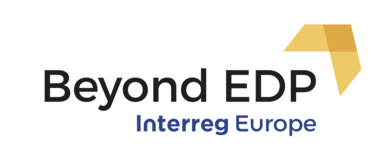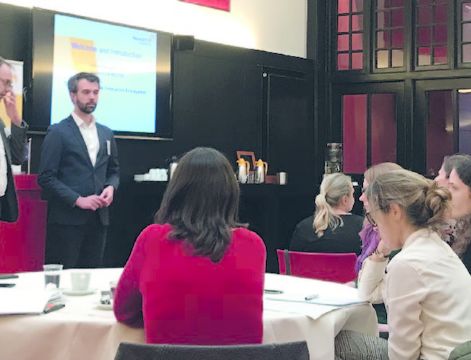The Peer Review of Extremadura Region was held on 2nd – 3rd of October 2018 in Badajoz. During this exercise, key information and good practices about the RIS3 of Extremadura and the design and management of EDP in the region was presented by FUNDECYT-PCTEX and some regional stakeholders.
Thanks to the active involvement of both project partners and internal and external stakeholders, inspiring ideas were shared and some of the region´s greatest strengths and challenges regarding EDP and how to improve the effectiveness of the Extremadura RIS3 and other regional R&D&I policies were highlighted.
For example, it was noted that one of the region´s greatest challenges is how to preserve the strong dynamism of the regional actors generated during the elaboration of the RIS3 throughout the different phases of the policy cycle, in particular, along the implementation phase.
Also, the difficulties concerning how to carry out an open and inclusive EDP, managed and embedded into executive policy decisions were remarked.
Some other key findings of the peer review were the identification of good practices on EDP at macro level (the Office for Innovation - O4i), meso level (RIS3 Thematic Working Groups) and micro level (the role played by the Scientific and Technological Research Centre of Extremadura – CICYTEX in the region and the methodology developed by the Local Action Group TAGUS to attract research and innovation processes to rural territories through Smart Specialisation) as well as on governance of the EDP (the approach of the System of Science, Technology and Innovation of Extremadura - SECTI) and EDP in transregional cooperation (the methodology developed in the framework of the AGROPOL project to define a joint cross border strategy in the agri-food sector for the Euroace). Actually, these key findings led the host region to submit three additional best practices on EDP in Extremadura to the Interreg Europe Policy Learning Platform good practice database.
In conclusion, the Peer Review was really useful and inspiring for the elaboration of the Action Plan and it contributed to define the two main goals of such Plan, which are the improvement of:
• the participative governance system already functioning;
• the actions and instruments to foster the coordination and collaboration between regional quadruple helix actors.









